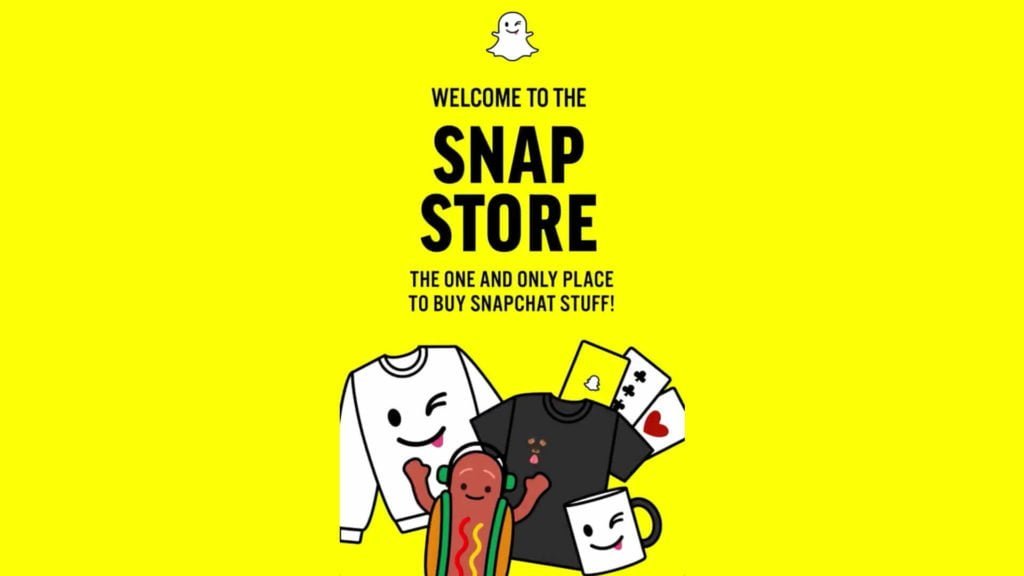
Snap is going to try to sell people physical goods again after the boom-then-bust of its video-recording sunglasses, Spectacles. But instead of making people line up in random places, the camera company will set up shop within its flagship mobile app.
On Thursday Snapchat opened Snap Store, a section within its app for people to buy Snapchat merchandise, such as hats, sweatshirts and a stuffed-animal version of its “dancing hot dog” Lens. It’s unclear how long the current product line will be available for sale, but according to the Snap Store, new products will appear on February 8.
In addition to generating revenue through product sales, Snap Store could open up new revenue streams for Snap and add to its primary advertising revenue stream at a time when its business could use the help.
The most obvious option is the potential for Snap Store to serve as Snapchat’s version of Google Shopping or Facebook’s Marketplace, though probably less Craigslist-y than the latter. Snap could open up the shopping section to outside brands to market their wares, including those promoted through Snap Ads in its app, and take a cut of the resulting sales. And like Google, Facebook and Amazon, it could sell sponsored listings so that sellers can stand a better shot of pushing their products.
But for now, Snapchat appears to be sticking to selling its own merchandise. A Snap spokesperson said the company doesn’t have any plans to share about potentially opening up the store to outside brands and selling sponsored listings within the store.
No matter. Snap could also reap value out of the data that Snap Store will provide. When people buy something through Snap Store, they are required to give Snap their credit card information, billing address and shipping address.
It would be dicey at best for Snap to use people’s credit card information to target them with ads based on their purchase history or to track the ads they see in its app to purchases they made outside it; besides Snap already does the former and approaches the latter.
But the billing and shipping addresses could help Snapchat to further flesh out its location-based ad targeting as well as enabling brands to target ads based on people’s addresses, including to people who share the same address. Snap’s main rival Facebook offers address-based targeting, though it doesn’t let brands target by street address and it approximates household-level targeting.

